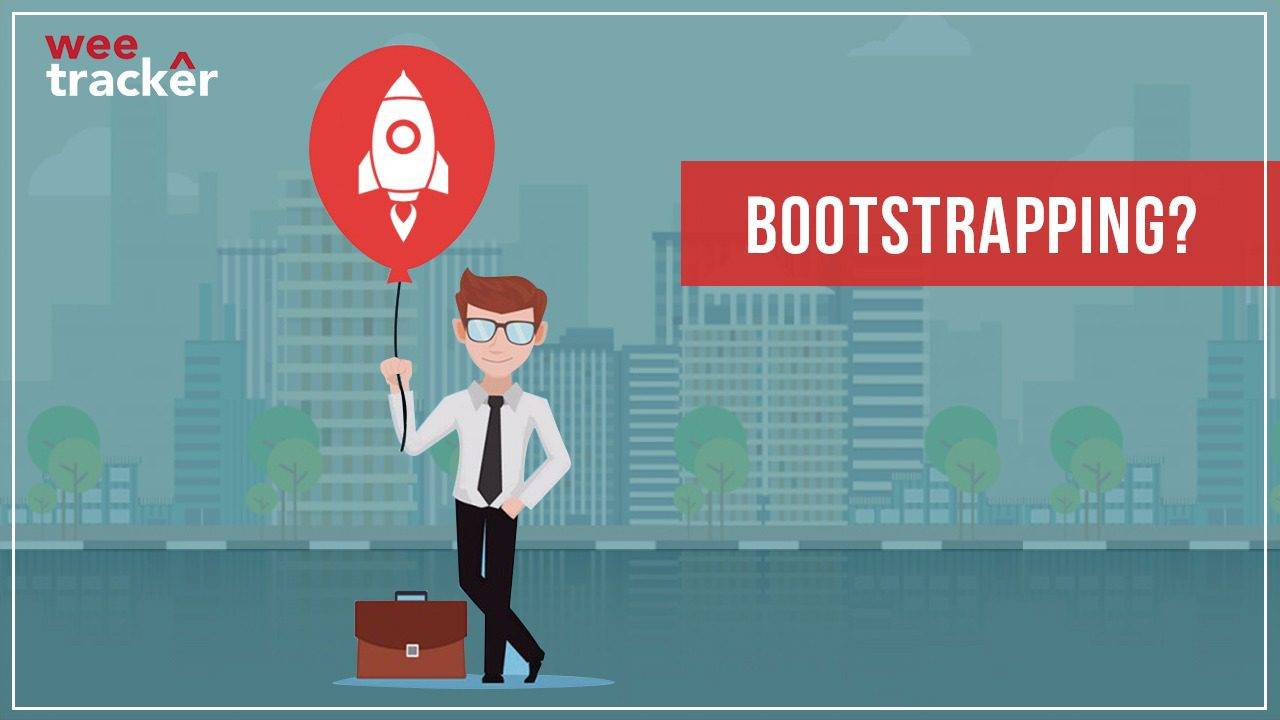A Beginner’s Guide To Bootstrapping

If you are running a start-up, then you must have come across the term ‘bootstrapping.’ It has nothing to do with boots or your shoes 🙂
What is bootstrapping and why is there so much noise about it in the startup scene?
Bootstrapping is one of the ways a startup can be funded. It simply means funding your business with little resources and mostly from your pocket,
According to Small Business Trends, Bootstrapping “is the act of starting a business with no money — or, at least, very little money. It certainly means starting a business without the help of venture capital firms or even significant angel investment. It means plowing back into the business the money earned from customers.”
One of the ways to fund your startup with minimal risks is through bootstrapping. You get to self-fund it without anyone fighting for equity or shares in your company.
Bootstrapping can be done even while you are still working a full-time job and your start-up is your side hustle.
You also get the opportunity to show future investors that you believe in your startup enough to self-fund it as long as you can. Most entrepreneurs would advise you to bootstrap your startup for as long as you can before seeking external funding.
It also keeps you focused on growing your business rather than trying to please investors or some group of people who want their money back.
However, as much as bootstrapping is a safe way to fund your startup, it is also very difficult as you get to pour all the money needed from your pocket and you bear all the risks alone.
When bootstrapping, you should ensure to avoid debts at all costs. When you avoid obligations, it helps you focus on growing your business the way you should.
One of the easy ways to bootstrap is to sell your services rather than manufacturing products. The costs of selling your services won’t be as much as manufacturing products.
Another thing that can help you with bootstrapping is finding a mentor who also bootstrapped his or her business. This would help you avoid mistakes he or she has made in the past when bootstrapping. A mentor would guide you and provide you with valuable insights for your startup.
In addition, when bootstrapping, you might not have the finances you need to hire all the people you want to hire, but you can outsource some tasks that you can’t do yourself. There are credible websites that can help you with outsourcing.
Also, you need to ensure you are not spending money on the wrong things by cutting down on unnecessary expenses.
Most importantly, you need to be creative with marketing and sales. You might not have all the resources necessary to have the kind of marketing campaign you want to have, but you can be creative with it. Study brands who have to succeed with their marketing campaign with little budget and find out how they did it.
How has your experience been with Bootstrapping? Please share them with us in the comments section.